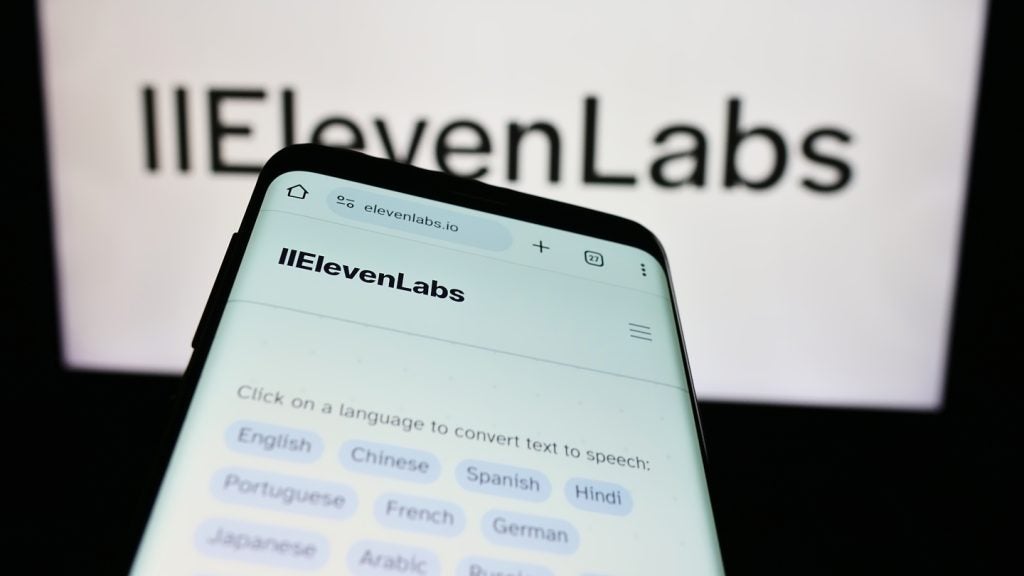AI has the potential to generate further political division and radicalize the electorate.
It won’t do so by convincing swathes of people to believe blatantly false information generated by AI, but by sowing distrust that populist politicians are primed to exploit.
Platforma Obywatelska (PO), the biggest opposition party in Poland recently used an AI-generated voiceover of their main opponent, Prime Minister Mateusz Morawiecki, in a campaign video. Earlier this year, a political organization aligned with Republican presidential primary candidate Ron DeSantis gained (un)wanted attention by releasing AI-generated audio of former American president Donald Trump.
Both events have caused concern among experts and pundits, who worry that the proliferation of AI-generated fakes will make it easier for campaigns to mislead or deceive voters. But AI-generated fake content on its own will not necessarily lead to mass belief in fake news during elections, convincing large parts of the electorate to support one candidate over another.
This is because people are unlikely to believe information that runs counter to their narrative and are thus less prone to be swayed by content that benefits their political opponents. Instead, it will spread further distrust in society during a time when institutional trust is already unprecedentedly low. This spells bad news for democracies and could be a boon for populist forces striving for uncertainty. It will also have knock-on effects on business practices.
The age of distrust
There are several studies linking low levels of societal trust to several undesirable outcomes. Diminishing public trust has been associated with support for extreme political views, discontent, unrest, and even violence. For example, the political upheaval characterized by emerging populist leaders like Donald Trump in the US or Boris Johnson in the UK was preceded by decreased public trust in political institutions, media, and experts in general.
How well do you really know your competitors?
Access the most comprehensive Company Profiles on the market, powered by GlobalData. Save hours of research. Gain competitive edge.

Thank you!
Your download email will arrive shortly
Not ready to buy yet? Download a free sample
We are confident about the unique quality of our Company Profiles. However, we want you to make the most beneficial decision for your business, so we offer a free sample that you can download by submitting the below form
By GlobalDataDistrust also has a detrimental effect on innovation, economic growth, and other measures of economic success. Businesses and investors have to reckon with emotionally charged customer environments, as seen with the Bud Light controversy earlier in 2023. That episode saw Bud Light’s customer base dramatically shrink after a boycott from conservative activists who objected to the brand’s sponsorship of a transgender TikTok star.
AI and fake news
As the aforementioned events attest, generative AI is already being used in electoral campaigns. They are used to imitate candidates’ voices, make campaign videos, or generate social media posts at very low cost, all of which threaten to upend how political campaigns are run. In fact, another piece on Verdict wrote a round-up of how national governments across the world are responding to the challenges set by AI as a rare convergence of election cycles will see more than four billion people go to the polls in 2024.
Although false information may spread more easily than ever thanks to AI, it most likely won’t lead to a more widespread adoption of it. Previous research suggests that in the current polarized world, people tend to trust information already coming from their information bubbles. As such, dodgy audio and weird campaign videos may only affect current supporters and are unlikely to convince anyone on the other side. Even if the quality of these fakes improves, people’s reluctance to accept anything that contradicts their established narrative will make it very difficult for them to change sides. Additionally, there is some evidence that voters may already perceive most political messaging as spam and most of them simply filter through the barrage of ads they encounter in each election season.
Power to the populists
Instead of misguiding people directly, AI will simply make them more cynical. The unprecedented amount of fake information voters will be subjected to in 2024 will make them less trustful of politics, media, and institutions in general. Some of this can already be seen in authoritarian countries like Russia, where never-ending coverage of a falsified reality has made people apathetic and very distrustful.
Lack of trust can easily be exploited by populist politicians, who ride the wave of widespread discontent and resentment to promise easy solutions to hard problems.
They are often seen as “men of the people” and are supported by those who have the least trust in public institutions. A more cynical, less trusting population is fertile ground for such politicians to gain power in democracies, simply as a function of populists using division and distrust to fuel their antagonistic narratives about the world.
The proliferation of distrust will further increase public demand for anyone who wishes to upend the status quo, from politics to media. That is why populists are expected to benefit from the further distrust that AI will likely bring.







